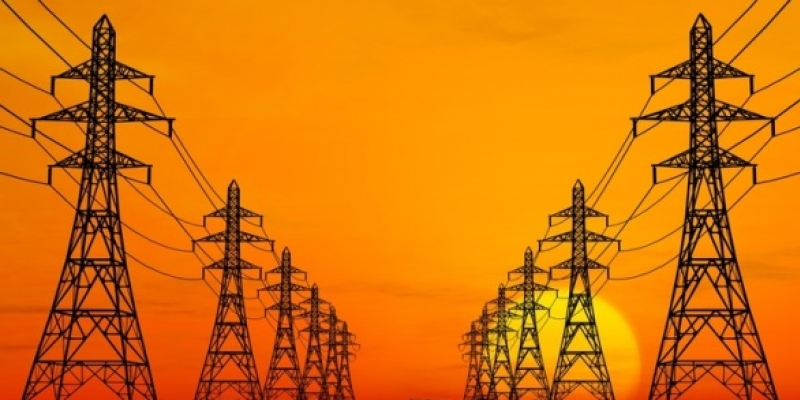What Goes Up...Ontario's Soaring Electricity Prices and How to Get Them Down

Ontario’s total annual power cost has risen by over 50% since 2004, despite declining competitive wholesale market prices. This is due to increases in the so-called Global Adjustment, a non-market mechanism that now dominates power pricing in Ontario, and which is the focus of our study.
Using the results from a new econometric model of factors driving Global Adjustment (GA), we estimate that solar and wind systems provided just under 4 percent of Ontario’s power but accounted for about 20 percent of the average commodity cost in 2013—a consumer impact greater than the direct payments to wind and solar generators. In addition, the model indicates that each additional 1 MW of new wind capacity adds about $0.02/MWh to the Global Adjustment after netting the offsetting benefit of revenues from wind production; that each additional MW of new hydro-electric capacity over the past decade has added about $0.015/MWh net to the GA; that solar power generation has a large marginal impact on the GA that will be more accurately estimated when the amount generated becomes material; that reductions in coal-fired power generation in Ontario were associated with statistically significant increases in the GA; and that imports can potentially reduce the GA, but that exports occur under circumstances that increase it.
We observe that encouraging greater domestic consumption and suspending conservation programs would reduce power costs in Ontario, particularly if the demand shortage could be relieved during times of surplus generation. We also recommend a moratorium on new renewable power capacity; pursuit of regulatory and legislative options to reduce operating renewables capacity; keeping available for restart 4 of 12 coal-burning units at Lambton and Nanticoke; exploring the option of large-scale imports of power from Hydro Quebec to bridge the interval for nuclear power plant refurbishment; and, careful scrutiny of nuclear refurbishment investment value.


